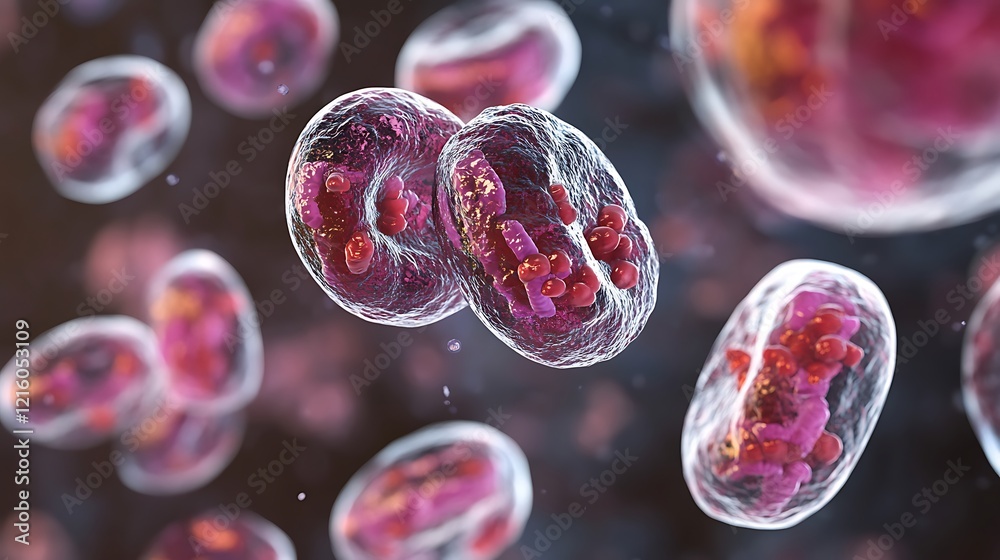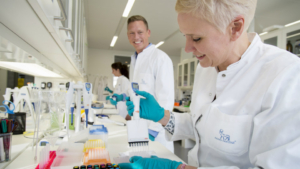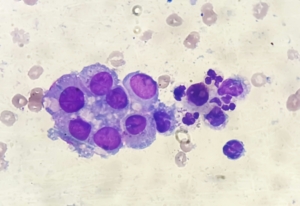
Azafaros BV bags €132m Series B financing
Belgian lysosomal storage disease specialist Azafaros BV has added a new lead investor to its portfolio. In addition to €25m Series A leader Forbion, Jeito Captial co-led a €132m Series B round aimed at advancing two pivotal trials of Azafaros‘ lead compound nizabagloustat (AZ-3102).
Azafaros BV’s oversubscribed Series B financing was led by Jeito Capital and Forbion Growth, with participation from Seroba, Pictet Group, and existing investors Forbion Ventures, Schroders Capital, and BioGeneration Ventures.
Proceeds will support two Phase III pivotal programmes involving Azafaros’s oral biphenyl-substituted L-ido configured deoxynojirimycin derivative, nizubaglustat, in Niemann-Pick disease (Acid Sphingomyelinase Deficiency, ASMD) Type C and GM1/GM2 gangliosidoses—three forms of rare lysosomal storage disorders. The trials are expected to commence at the end of this year. In addition, Azafaros plans to expand its pipeline to include other indications.
Nizubaglustat is a disease-modifying therapeutic intended for patients with rare lysosomal storage disorders. Azafaros, a spin-out from Leiden University and Amsterdam University Medical Center (UMC) in 2018, is developing this dual-acting drug candidate, which has received Fast Track designation in the United States.
Since 2022, additional competition has emerged in the field. The European Medicines Agency (EMA) has recommended the granting of EU marketing authorisation for Genzyme Europe BV’s protein replacement therapy, olipudase alfa, for the treatment of non-central nervous system (CNS) manifestations of Acid Sphingomyelinase Deficiency (ASMD) in children and adults of all ages with Type A/B or Type B ASMD. ASMD was formerly referred to as Niemann-Pick disease.
Acid Sphingomyelinase Deficiency (ASMD), historically known as Niemann-Pick disease types A, A/B, and B, is caused by mutations in the SMPD1 gene. This gene encodes the enzyme acid sphingomyelinase (ASM). Malfunction of acid sphingomyelinase is associated with a defect in breaking down sphingomyelin, a type of sphingolipid found in cell membranes. It leads to sphingomyelin accumulation within lysosomes of cells such as macrophages, neurons, and hepatocytes leading to multi-organ damage, including in the liver, spleen, lungs, bone marrow, and the central nervous system (CNS) . ASMD is inherited autosomal recessively. Clinical Subtypes includevType A: Severe, infantile-onset neurovisceral form with early CNS involvement and high mortality in early childhood. Type B: Chronic visceral form with little or no CNS involvement; patients may survive into adulthood, as well as Type A/B: Intermediate phenotype with features of both types.




